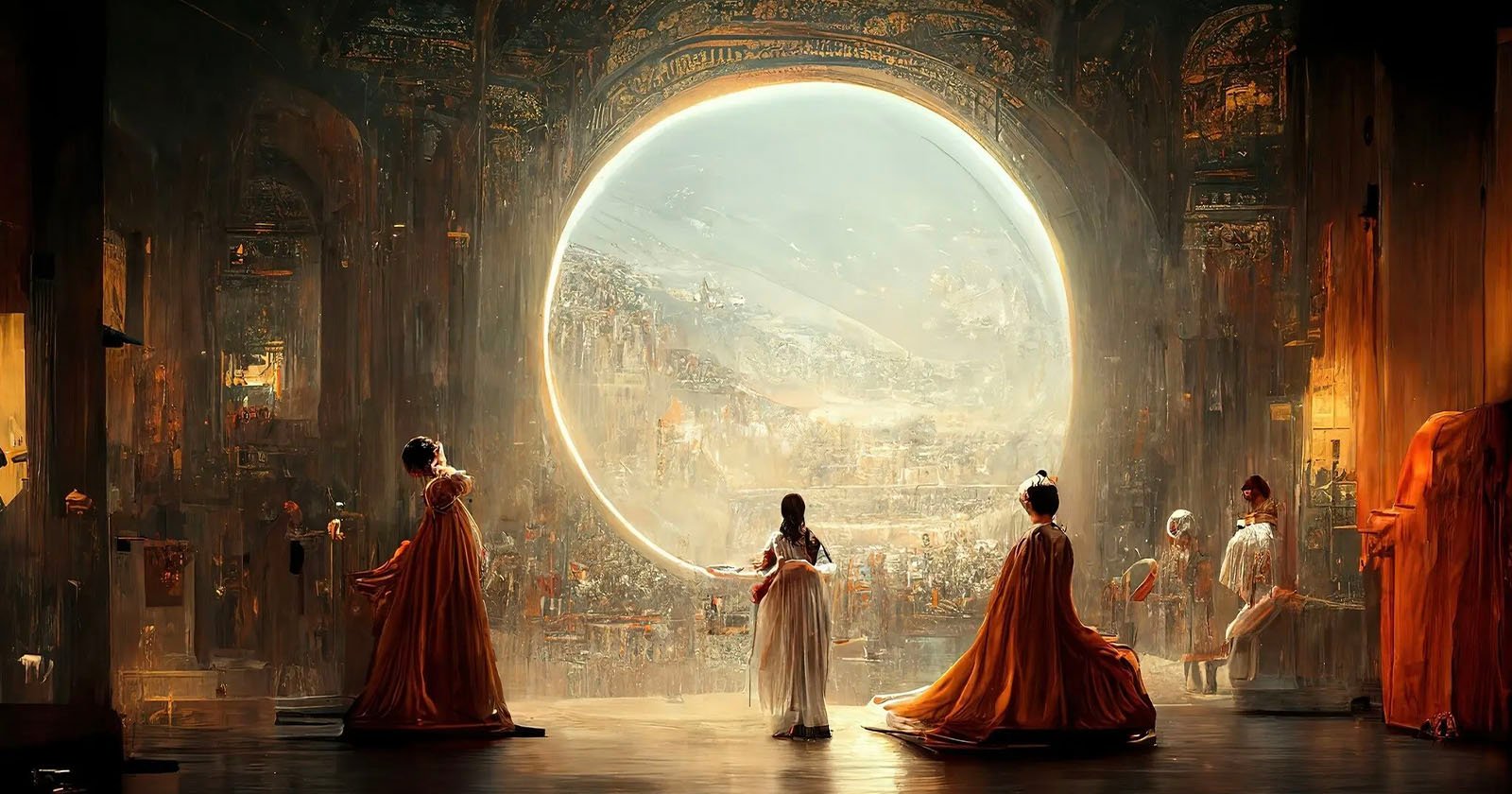An artist who infamously duped an art contest with an AI image is suing the U.S. Copyright Office over its refusal to register the image’s copyright.
In the lawsuit, Jason M. Allen asks a Colorado federal court to reverse the Copyright Office’s decision on his artwork Theatre D’opera Spatialbecause it was an expression of his creativity.
Reuters says the Copyright Office refused to comment on the case while Allen in a statement complains that the office’s decision “put me in a terrible position, with no recourse against others who are blatantly and repeatedly stealing my work.”



This is stupid and I hope he gets his butt handed to him, but:
Journey outside the world of API models (like Midjourney) and you can use imagegen tools where " the human that decides on the elements of the picture"
It can be anything from area prompting (kinda drawing bounding boxes where you want things to go) to controlnet/ipadapter models using some other image as reference, to the “creator” making a sketch and the AI “coloring it in” or fleshing it out, to an artist making a worthy standalone painting and letting the AI “touch it up” or change the style (for instance, to turn a digital painting or a pencil sketch to something resembling a physical painting, watercolor, whatever).
The later is already done in photoshop (just not as well) and is generally not placed into the AI bin.
In other words, this argument isn’t going to hold up, as the line is very blurry. Legislators and courts are going to have to come up with something more solid.
The rule is already human expression in fixed form, of creative height. So you have to demonstrate that you the human made notable contributions to the final output.
I’m sure that an argument can be made that the final output can’t be generated without the human-created prompt. Generative AI doesn’t output images on its own without a seed/prompt, much like a canvas doesn’t paint itself and a camera doesn’t open the shutter on its own.
Human involvement isn’t the rule though. Again, that which ends up in fixed form has to carry expression by a human. Otherwise everything from dirt stains to footprints you accidentally create would be under copyright.
The prompts aren’t generally considered enough because there’s too little control over the final expression, the same prompt can create wildly different outputs.
AI art isn’t made by just entering a prompt, picking an output image, and calling it a day. There’s actually a lot more involvement necessary to get the final output to be what you want. Some more advanced pieces of AI art take hours of tweaking the prompt and redoing certain sections, balancing positive and negative prompts and their weighting, not to mention training a model in the first place and touching up the final output in Photoshop.
There’s a very big industry behind AI art right now, and they’re not just using DALL-E prompts to do it. Whatever your thoughts about AI art may be, there’s no denying that a large amount of human labor is involved in the creation of any piece.
How old is that judge that they think digital photography is the only possibility to capture an image? 15?